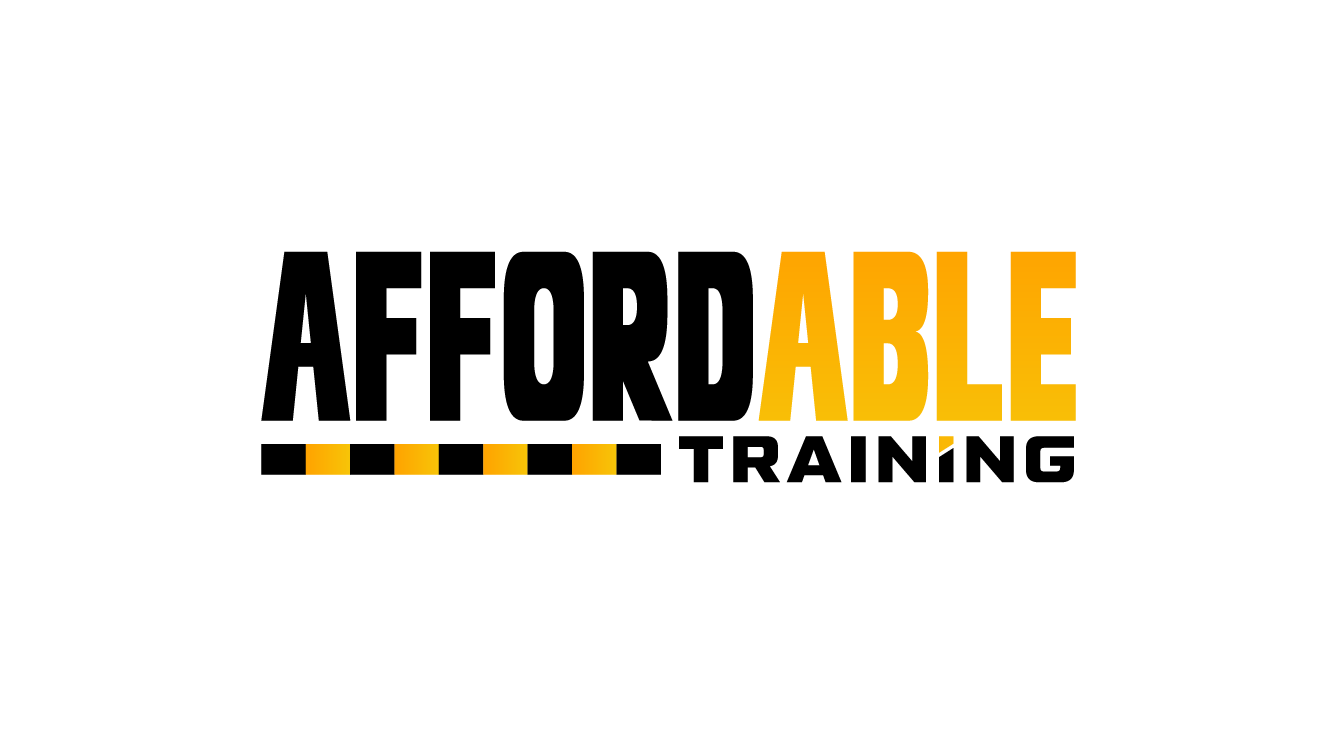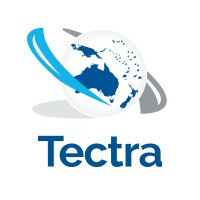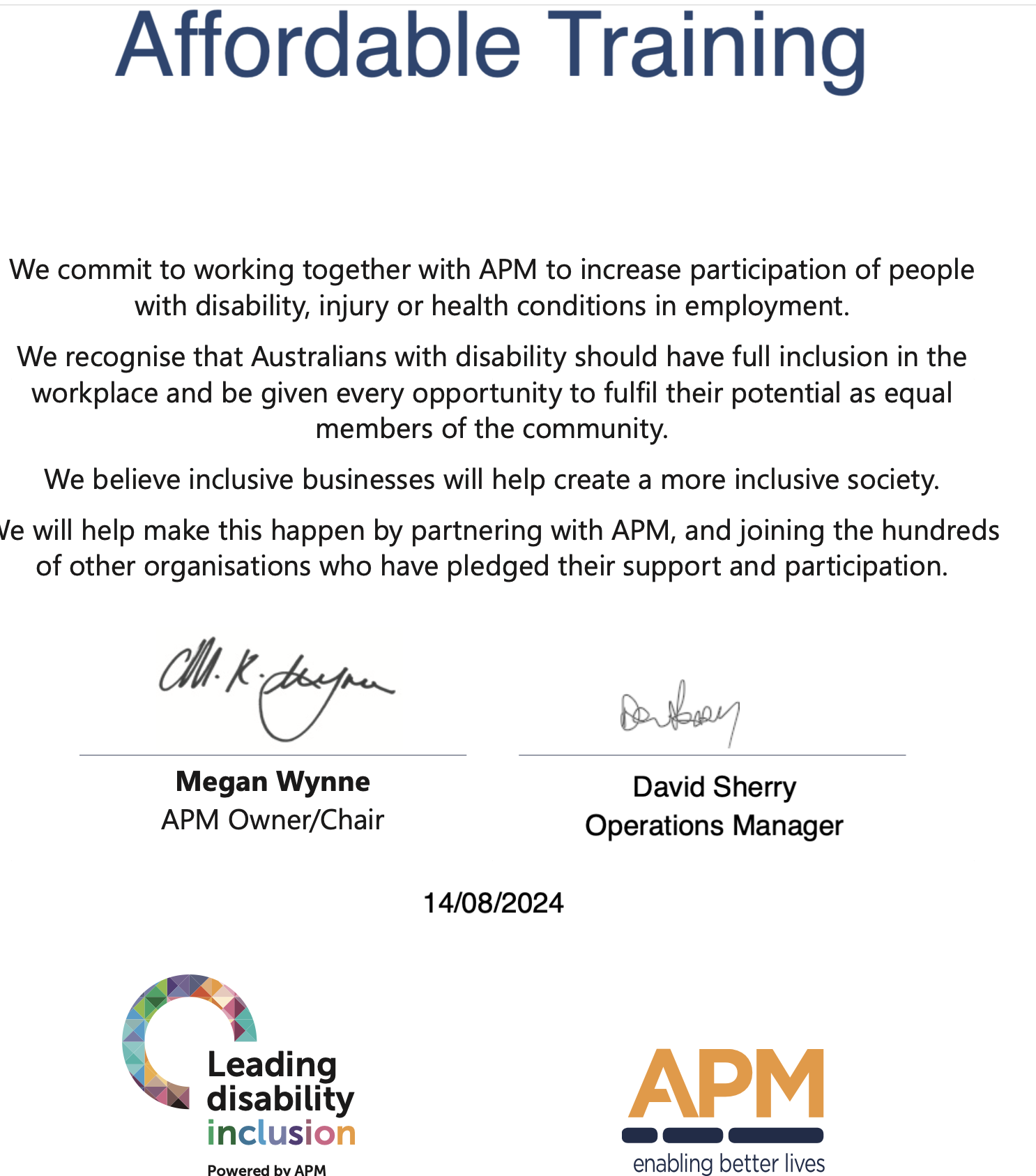Melbourne Confined Space Course – Accredited
Home – Courses – Confined accredited Space Training course.
Course Certification
Melbourne: RIIWHS202E – Enter and Work in Confined Space
MSMWHS217 Gas test atmospheres
Course Duration & Dates
If your preferred date, including weekends, is not included in the list below, please email or call our office. Should there be availability, we will respond as soon as possible.
4 to 8-hour Courses (depending on students’ experience and number of students)
Next Course: Thursday 9th of October 2025
Course Price
$350.00 (Discount for Group Bookings)
Course Locations
Melbourne: Location (1). Kads Plant Hire 1/188 Dohertys Road Laverton North Victoria 3026 Location (2). 7 Rowsley Station Road Maddingley, Victoria 3340
Brisbane facilities: 65 Telford St Virginia Qld 4014. North side of Brisbane. Address: 65 Telford Street Virginia Queensland, meet at front gate. Corner of Telford St and Saltash St Virginia & Southside of Brisbane
On-Site or Workplace Australia Wide.
Group bookings min 6 people, Canberra, Sydney
Course Overview
This training course has a duration of 4- 8 hours and involves face-to-face training. Participants who can demonstrate competency by passing both the theory and practical assessments Participants will receive a PDF Version of their Statement of Attainment from RTO, Tectra Australia 40889, by Email, when him or her are deemed to be competent. Statements of attainment are documents (like a certificate) that show the units of competency that a student completes as part of a nationally recognised course and a small wallet sized plastic card.
The course is designed to give the person knowledge and skills entering and working in confined spaces in resources and infrastructure industries. It includes planning and preparing for entry of confined spaces, entry and working in confined spaces, exiting confined spaces and cleaning up.
- Civil construction
- Coal mining
- Drilling
- Extractive industries
- Metalliferous mining
- General construction
Course Outline
Access, interpret and apply safety procedures and ensure the work activity is compliant.
- Inspect site to determine layout, physical condition of structures, prevailing weather conditions, equipment requirements and potential hazards
- Adhere to WHS requirements
- Identify, select and check safety equipment for serviceability
- Identify, manage and report potential risks and hazards
- Consult with authorised personnel to select materials, tools and equipment and check for serviceability
- Select, wear and care for personal protective equipment
- Plan and prepare for entering and working in confined spaces
- Enter and work in the confined space
- Exit confined space
- Clear work area and dispose of or recycle materials
- Clean, check, maintain and store tools and equipment
What is Confined Space and which industry is it need for.
Available Courses & Licences
EWP Yellow Card Training Brisbane Qld
Scissor Lift Training Brisbane Qld
EWP Boom Lift Over 11m High Risk Licence
Boom Lift (EWP) Under 11m
Working at Heights
Backhoe Training
Forklift Training
Forklift Refresher Training
Front End Loader Ticket
Roller Ticket
Excavator Ticket
Bulldozer Ticket
Bobcat (Skid Steer) Ticket
What to Bring:
- Appropriate PPE (Personal Protective Equipment)
- Safety shoes or boots
- Hi-vis shirt and
- A broad brimmed sun hat and water bottle is recommended
- We supply tea and coffee milk (Fridge) Cafe driving distance from venue
- Provide three forms of identification
- USI Number (if you don’t have a USI number, you can create one here: Create your USI).
Important Training Resources for Participants:
Links to EWPA Handbook and Affordable Policy Handbook:
What is a Yellow Card?
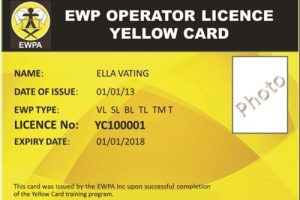
Launched on 11 May 2015 by the Elevating Work Platform Association of Australia (EWPA), the “EWP Operator Licence – Yellow Card program” is designed to ensure that the holder has been trained in the safe use and operation of various types of elevated work platforms. It has been developed in line with and is mapped directly to Nationally Recognised Training (NRT).
Why Do I Need Yellow Card Training?
The Act aims to protect the health, safety and welfare of people at work. It clearly states that there is a duty of care to ensure workplace safety for the Person Conducting a Business or Undertaking (PCBU). Verbal instruction in this case is not considered as an effective method of training as it lacks written proof of training evidence. The EWP Operator Training Program or ‘Yellow Card’ is the result of the EWPA helping the industry to comply with the Acts.
SEE WHAT OUR STUDENTS ARE SAYING
“… excellent training on the day. We appreciate your professionalism and care for student outcomes” – Luke Appleby
Get in Touch
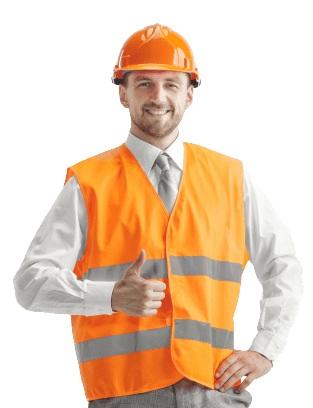
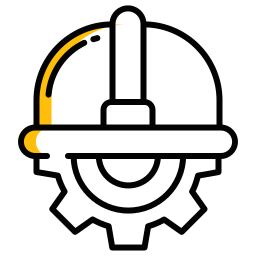
SPECIAL OFFER
Complete the Scissor Lift Training together with the Boom Lift Training for only $330!
Courses available Monday – Friday. Saturday Sunday by appointment.
